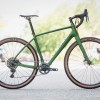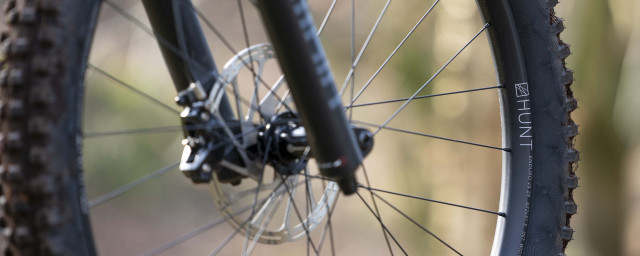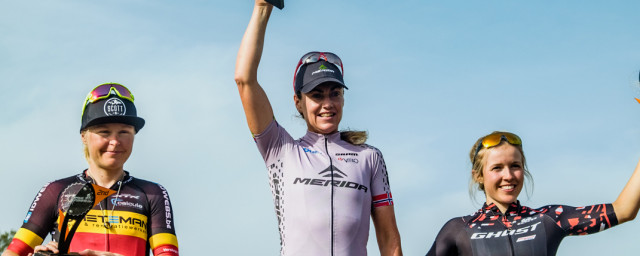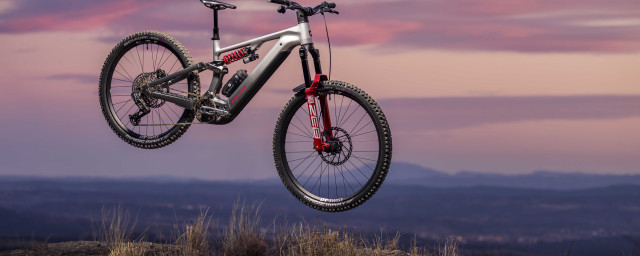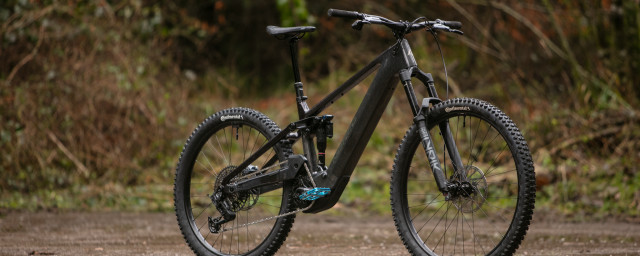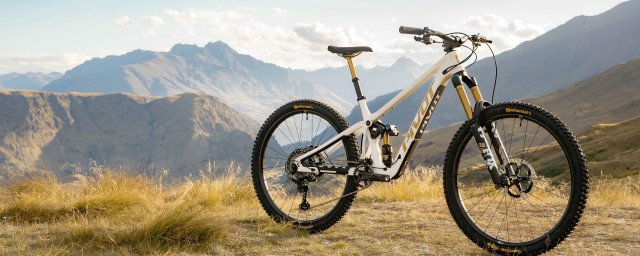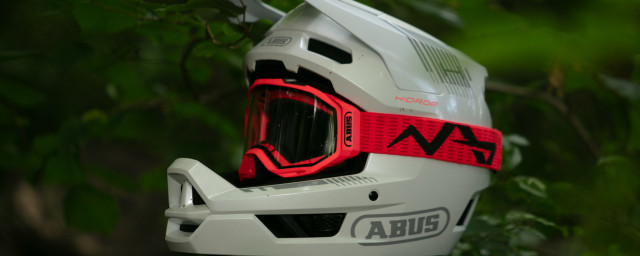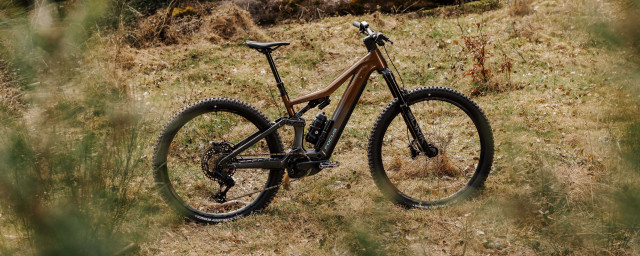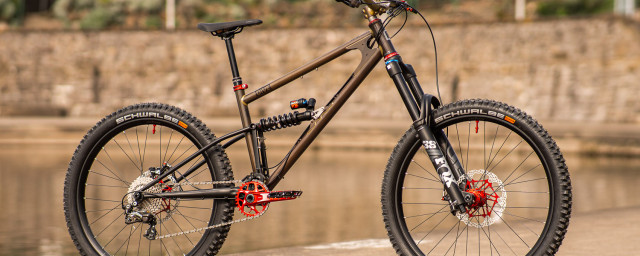Genesis brings updates to the Croix de Fer and the singletrack ready Vagabond
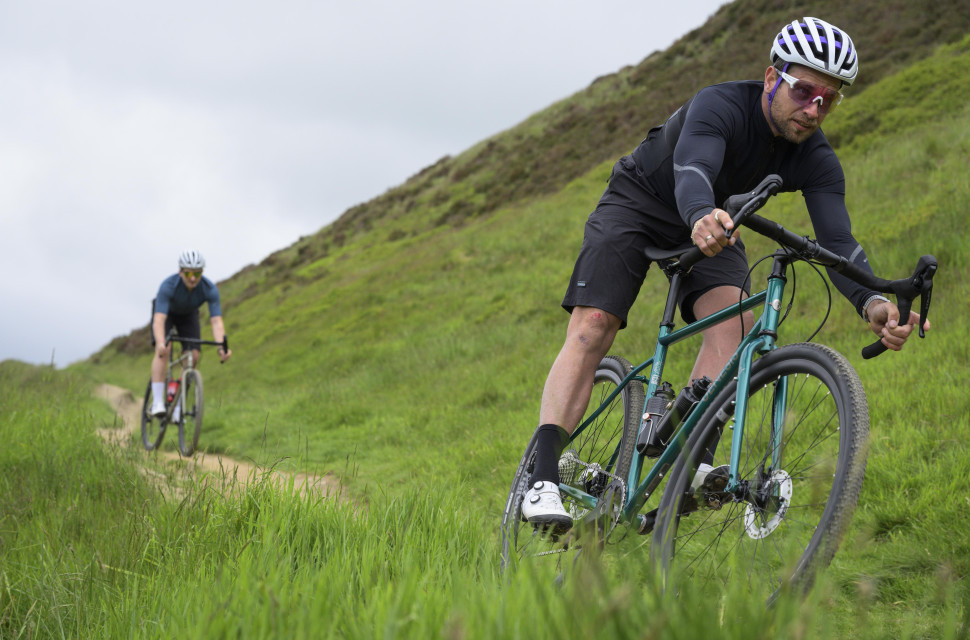
Renowned for its drop bar adventure bikes, many of which have completed record global distance rides, Genesis has responded to market demands for more tyre clearance, slightly evolved geometry, and better drivetrain compatibility.
- What is a gravel bike?
- Opinion: You don't need a dropper post on your gravel bike
- Five things that weren't cool - until gravel happened
Product specialists at Genesis have given the brand’s iconic Croix de Fer its most significant update since 2008. A great deal has happened in the market for adventure off-road bikes in the last few years, and to bring the Croix de Fer on-trend with rider expectations, it gains reshaped rear stays. The result is increased tyre clearance from 700 x 45c to 700 x 47c, and dropper seatpost compatibility.
Geometry changes are mild, with the new Croix de Fer retaining its legacy head angle of 71 degrees. On a size medium, the stack height shortens from 593- to 584.7mm, with an equally proportioned stack height change across the range.
Stainless and Titanium options
Regarding the updated Croix de Fer range, Genesis offers three frame options and seven builds, with several tubing specifications. Delivering durability and ride quality, the Croix de Fer continues with its Reynold 725 steel construction, while riders desiring a more exotic finish can opt for the Reynold 925 stainless steel version. There’s a Titanium version, too, for riders who desire the ultimate in longevity, lightweight, and ride comfort.
Axle configurations do vary across the range. The entry-level Croix de Fers features a 135mm QR rear and 100 QR front, while 142mm rear and 100 x12mm front thru-axles are standard on the frame-only options and mid-to-premium builds. Pricing for the Croix de Fer range starts at £1,200 and peaks at £2,800 for a premium build. The stainless Reynold 931 frameset is £2,500, with the Titanium option priced at £2,700.
Adventure riders who value the simplicity and DIY-maintenance-friendly Genesis Tour de Fer will be heartened that little has changed. The Tour de Fer’s cable routing remains entirely external for easy access and repairs if something snags, breaks, or requires adjustment on that multiday adventure touring ride.
The notable upgrade for Tour de Fer is a change from 3x to 2x drivetrains, with a corresponding decrease in chain weight. Premium builds also feature Busch and Muller Dynamo lighting. All Tour de Fers are made with Reynolds 725 tubing, use 135mm QR rear axles and Atranvelo AVS-compatible aft racking.
True to their purpose as all-terrain touring bikes, the Tour de Fer front brake rotor specification has increased to 180mm, accounting for the additional weight when all its racks and mounting points are used. The Tour de Fer range starts at £1,300.
The monster cross model
For riders seeking a Genesis drop bar bike capable of technical singletrack detours, there’s the upgraded Vagabond. Its rugged chromoly steel construction and larger tubes are designed for confident singletrack exploration, especially when fitted with a gravel bike 40mm suspension fork – for which the frame is rated.
The Vagabond’s rear axle spacing widens to the 148 x 12mm mountain biking standard, allowing for much greater tyre clearance. Rolling 29 x 2.35” Maxxis Ikon tyres, the new Vagabond has ample traction for climbing or descending technical trails and will smooth out even the most corrugated gravel biking dirt road.
With a slacker head angle and extended wheelbase, the new Vagabond promises more tracking stability, especially on those loose, steep, descents. The head angle has slackened from 71- to 69 degrees, with the wheelbase on a size medium Vagabond growing from 1056- to 1121.9mm, with similarly proportioned wheelbase growth across the different frame sizes.
This is a true hybrid drop bar mountain/gravel bike, touching on the concept of being a monster cross bike. The two Vagabond build options are priced at £1,800 and £2,300, while a frame-only Vagabond is £900.

